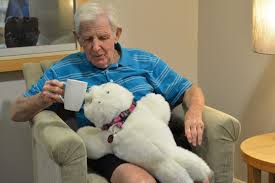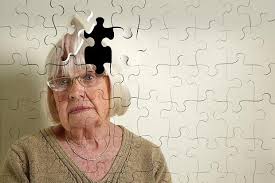I recently came across a beautiful highly-spirited, rough, sometimes annoying but fun to watch child who does not just do well academically. She loves to sing around the class, play with other kids, and eat but when it is time to write, she gets exhausted. She cannot even hold her pencil firmly not to talk of identifying the position where she has been instructed to write.
Because I am quite familiar with the condition, I knew it was dyslexia because I had seen the movie “Like Stars on Earth” an Indian movie. I couldn’t watch her parents spend so much money and the school raising their hope unnecessarily. So I had to take an action by educating all concerned and advocating for the kid.
There are a lot of myths about dyslexia; some teachers see these victims as stupid, dull, lazy, not serious or as having a eye defect.
National Health Service UK defines dyslexia as a common learning difficult which suggests that it is not restricted to kids alone or about a child being dull.
It is a lifelong problem but can be managed. Many have had dyslexia before but have survived it.
It is important that we try to understand everyone especially kids as this article concerns them. Every child has the right to learn, read, and have fun regardless of their conditions. Many of these dyslexic kids are gifted in other aspects aside writing and calculating.
Lack of adequate information or education about dyslexia has dashed and is still dashing the dreams of some “bright” affected kids.
Please be informed and inform others, do the little you can by advocating for dyslexic children when necessary.
Parents must pay close attention to their kids and also stop comparing them. Teachers must try their best to be patient with every of their pupil or student (especially dyslexic kids) and if their condition gets out of their control, they must refer them for proper care.
Let us join hands together to help raise up dyslexic children.
Let’s help ascertain the future of our tomorrow leaders!
Watch “Enitan” on YouTube
Watch “Like Stars on Earth” on YouTube
You can volunteer or donate at any nongovernmental or nonprofit organization for dyslexia so as to help raise and improve awareness.
Education is key for excellence!
Good news for Nigerians on NGO for dyslexia


